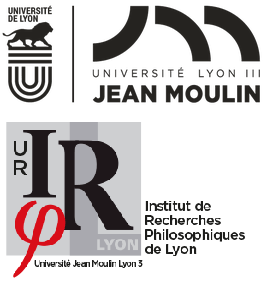PresentationSince 2017, the #MeToo movement has raised broad awareness of the extent of sexual violence suffered by women. This "freeing of speech" has been accompanied by a denunciation of "rape culture" and the "culture of denial," which corrupt contemporary democratic societies and obscure the reality of the violence inherent in male domination that characterizes them. At the same time, the penal system is widely perceived as failing. Despite the already low number of complaints filed by victims of rape or attempted rape, a high proportion of investigations and legal proceedings are abandoned, with many cases ultimately dismissed. While only a small fraction of cases proceed to trial, convictions for rape remain rare. Even when convictions occur, imprisonment is criticized not only for its limited effectiveness in preventing recidivism but also for the violence—sometimes sexual and sexist—that takes place within prisons. Many feminists are calling on public authorities to implement a comprehensive plan to combat sexual violence. On the criminal front, this would include a legal redefinition of rape to broaden the scope of criminalized acts, along with judicial policies that prioritize the conviction of perpetrators. Denouncing the impunity of those responsible for sexual violence has thus become a defining feature of the feminism that dominates media discourse and appears self-evident in most feminist theories and practices. However, the precise meaning of "impunity," the reality it refers to, and the objectives it seeks to achieve remain largely unexamined. The main aim of this project is to explore the link between feminist theories and movements and the meaning attributed to the fight against impunity. Without questioning the scale of sexual violence, what exactly is meant by impunity? How is it identified or measured? How is the fight against impunity connected to feminist approaches to sexual violence, and how is it understood? By interrogating the concept of impunity as something to be combated, this project also seeks to reflect on the meaning of feminist theories and demands. |


